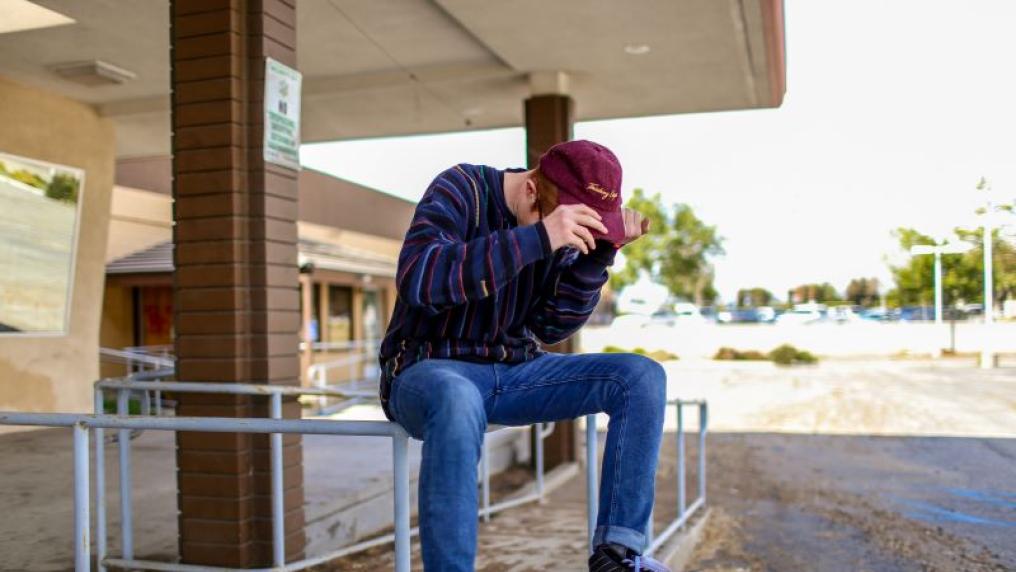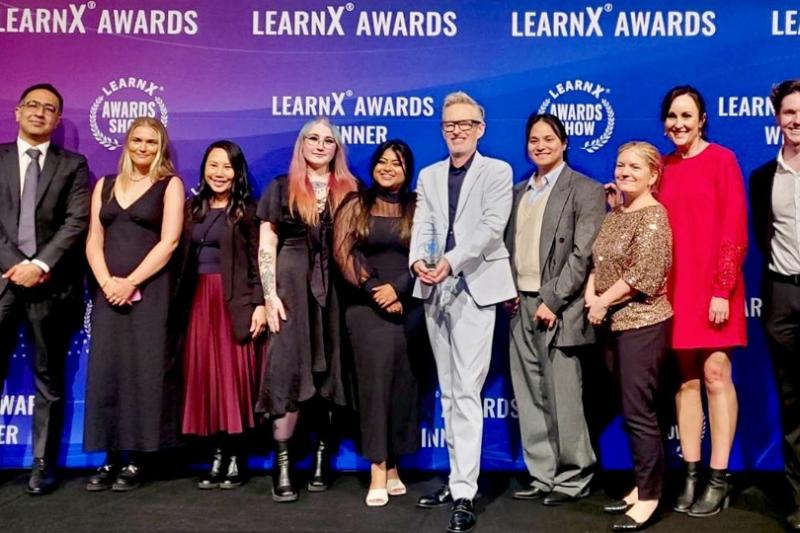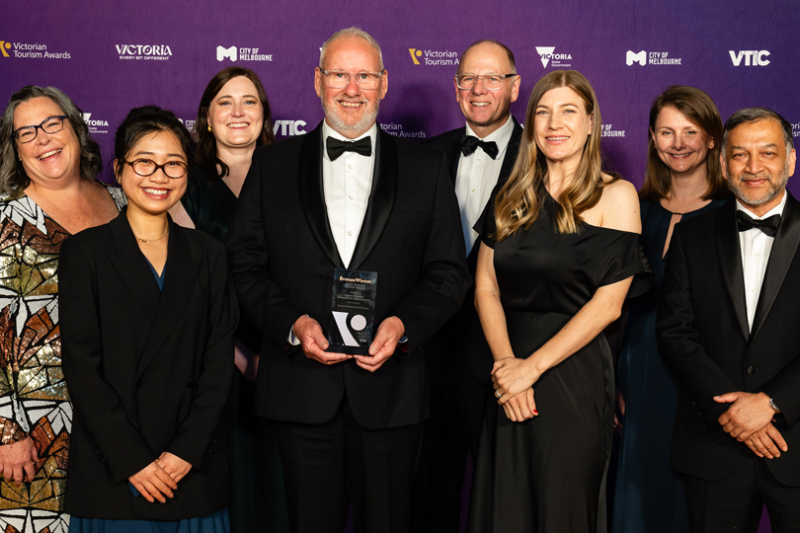TARGET ZER0 aims to improve life chances of disadvantaged youth

Victoria University (VU) has joined a powerful alliance of organisations determined to end youth criminalisation in Brimbank, Melton and Wyndham by targeting and addressing its systemic causes.
The ambitious 10-year program, TARGET ZER0, aims to drive towards zero the number of children and youth in the three cities involved in the justice system, especially those from Indigenous and culturally diverse backgrounds, and those who live in residential care.
These children are all disproportionately represented in the criminal justice system.
TARGET ZER0 has more than a dozen signatories, including Victoria University, the Centre for Multicultural Youth, WEstjustice, Jesuit Social Services, Anglicare, and Western Metropolitan Aboriginal Justice Advisory Committee.
Together, they aim to partner with government and non-government agencies, grassroots organisations, and impacted communities, to address the systemic as well as psycho-social causes of youth criminalisation, including poverty, racism, trauma, domestic violence, and substance abuse.
Targeted programs co-designed with community will empower young people and their families to break the cycle of arrests, charges, convictions and incarcerations that can permanently taint the lives of young people.
Dr Karen Hart, a VU senior lecturer in Youth Work with a passion for improving the life chances of disadvantaged young people, said the current criminal justice system acts as a revolving door that entrenches young people in the system rather than rehabilitating them:
This ‘incarceration crisis’ continues to confound policy-makers and practitioners on how to respond effectively, but TARGET ZER0 is a critical first step.
– Dr Karen Hart
VU Vice-Chancellor Professor Adam Shoemaker and Associate Director of VU’s Moondani Balluk Academic Unit have shown VU’s commitment by signing a letter in support of TARGET ZER0. Watch the video as Vice-Chancellor Adam Shoemaker signs on to TARGET ZER0.
Statistics tell the story
- Aboriginal and Torres Strait Islander children and young people are 14 times more likely than non-Aboriginal young people to be under justice supervision in Victoria (Aboriginal Justice, 2021).
- Nearly one in five young people in youth justice on an average day identify as Aboriginal and nearly two in five identify as culturally and linguistically diverse. (Youth Justice Strategic Plan).
- A clear link exists between disadvantaged early life childhood experience and youth offending. Two-thirds of children and young people sentenced to prison or on remand have been victims of abuse and neglect, and the same number are either suspended or expelled from school. Over one-quarter have self-harmed or considered suicide. (Youth Parole Board).
- Recidivism rates are highest among young people compared to the rest of Victoria’s prison population, with over half these young people likely to return to prison within two years of release. Much higher numbers of young people are repeatedly re-remanded, often for short periods of time – some up to 90 times in one year (Armytage and Oglof 2017).



